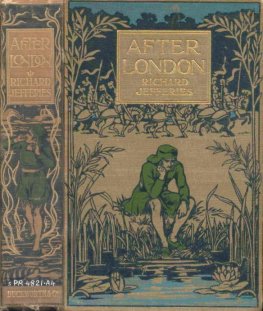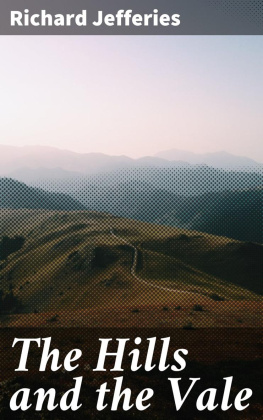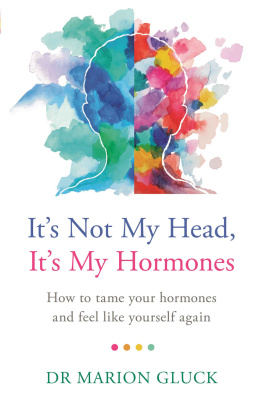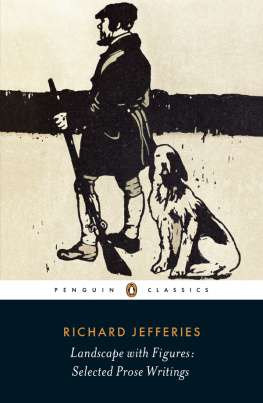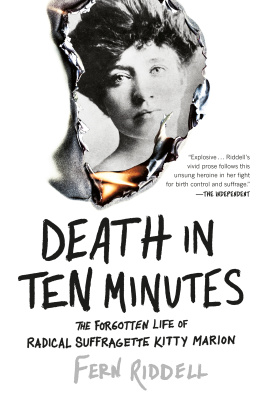The National Memorial Arboretum in Airewas, near Lichfield, Staffordshire. Sculptured by Denise Dutton (Ruth Downing Photographer, Staffordshire)
This book is dedicated to the memory of Miss Jacob-Smith MBE, who organised the Womens Land Army in North Yorkshire (19391945) and later the whole of Yorkshire (19451950); to Lady Margery Lawson Tancred, founder of the first Land Girl hostel in 1917; and to all members of the Womens Land Army.
WLA Veterans at an Enactment.
Published in 2015 by
PEN & SWORD MILITARY
An imprint of
Pen & Sword Books Ltd
47 Church Street, Barnsley
South Yorkshire
S70 2AS
Copyright Marion Jefferies, 2015
ISBN: 978 1 47384 909 9
PDF ISBN: 978 1 47384 912 9
EPUB ISBN: 978 1 47384 910 5
PRC ISBN: 978 1 47384 911 2
The right of Marion Jefferies to be identified as Author of this work has been asserted by her in accordance with the Copyright, Designs and Patents Act 1988.
A CIP catalogue record for this book is
available from the British Library
All rights reserved. No part of this book may be reproduced or transmitted in any form or by any means, electronic or mechanical including photocopying, recording or by any information storage and retrieval system, without permission from the Publisher in writing.
Printed and bound in England
By CPI Group (UK) Ltd, Croydon, CR0 4YY
Pen & Sword Books Ltd incorporates the Imprints of Pen & Sword Aviation, Pen & Sword Family History, Pen & Sword Maritime, Pen & Sword Military, Pen & Sword Discovery, Pen & Sword Politics, Pen & Sword Atlas, Pen & Sword Archaeology, Wharncliffe Local History, Leo Cooper, Wharncliffe True Crime, Wharncliffe Transport, Pen & Sword Select, Pen & Sword Military Classics, The Praetorian Press, Claymore Press, Remember When, Seaforth Publishing and Frontline Publishing
For a complete list of Pen & Sword titles please contact
PEN & SWORD BOOKS LIMITED
47 Church Street, Barnsley, South Yorkshire, S70 2AS, England
E-mail:
Website: www.pen-and-sword.co.uk
Contents
Acknowledgements
A SPECIAL MENTION MUST BE MADE to the Yorkshire Museum of Farming at Murton Park, York, and Eden Camp, Malton, for making their archives available. Also to the members of Pollington History Group who showed the author round the vast site over two farms. Buildings were explored and a valuable insight was given to the lives of the WLA girls at this hostel.
The author acknowledges the tremendous help received in the form of information and photographs from a great many WLA veterans and from their relatives.
Every effort has been made to contact the copyright owners of photos. Should any owners of photos desire their names included please supply details to the publisher, who will endeavour to correct the information in subsequent editions.
WLA girls working together in 1947 in the North Riding. (Murton Farming Museum)
Introduction
B RITAIN OWES A HUGE DEBT OF GRATITUDE to the members of the Womens Land Army who played a crucial role in farming, ensuring that the people of this country did not starve during the First and Second World Wars.
During the First World War, there were tremendous barriers against the idea of women working on the land. Farmers were antagonistic towards the employment of women and their male workers were fearful that their own jobs would be threatened by a less well-paid labour force. In 1915, well meaning titled ladies, known as the Lilac Bonnet Brigade tried to entice the middle classes to get involved in farming work. These ladies had no understanding of the real hardships involved. Their greatest problem in getting large numbers of women to take over the jobs of men sent to fight, was the question of how to accommodate them. For various reasons, many farmers could not be persuaded to have Land Girls billeted on their farms.
In response to the lack of accommodation on farms, special hostels were created for the Land Girls. The first hostel opened in 1915 at Aldborough, Boroughbridge in North Yorkshire. It was established due to the pioneering work of Lady Margery Lawson Tancred. This lady was concerned about the working lives of the women in the local area and formed groups to tackle their problems. She was later involved as a welfare officer in the Second World War.
Other trial hostels appeared in 1916, and were run by genteel ladies of the county. In 1917, the Womens Land Army (WLA) was officially founded as a civilian force. It was not until 1918, however, that the accommodation problem was really seriously tackled and by that time it was too late.
By 1938, preparations for the ensuing war were being made and in 1939 the Womens Land Army was revived. It faced most of the same problems encountered during the First World War, such as the hostility of farmers and the lack of accommodation for the women workers. The home lives of the Land Girls, in billets or hostels, were of major importance. The accommodation problem had to be resolved quickly, so that the women could concentrate on their job of growing food for the nation. However, it is sometimes forgotten that this task continued for five years after the war, when the nation continued to suffer tremendous hardships and long-term rationing. The WLA was finally disbanded in 1950.
Medal awarded to veteran WLA members in 2008.
Many books have been published about the working adventures of Land Girls and the often wonderful social life enjoyed by members. Yet little has been reported about the day-to-day running of the WLA hostels and even their locations. Tales of life in the Land Army, remembered fondly by the authors, have usually been written in the first person and reflect a very personal aspect of WLA life, focusing on their working day or leisure activities.
The majority of existing WLA memoirs or studies also generally refer to the southern counties of Britain. In contrast, the present book reveals the history of the organisation and identifies the location, management and daily life within the WLA hostel residences in Yorkshire. The county had the largest WLA recruitment numbers in the country and Yorkshire members not only worked on farms but, throughout the period, Yorkshire girls were in great demand all over Britain. Over 25,000 were recruited in the county from 1939 to 1950.
In 1939, Lady Denman, the Head of the WLA, made use of her Womens Institute contacts to organise the Land Army. As in the First World War, these women were chiefly from the upper middle classes and some were titled ladies. One such was Lady Celia Coates, who recruited Miss Winifred Jacob-Smith for the task of mobilising the womens workforce in Yorkshire. At a Knaresborough Womens Institute meeting in 1938, Lady Coates, who stuttered very badly, spoke privately to Winifred Jacob-Smith about the WLA. If war broke out, would you be responsible for organising, and running the WLA in Yorkshire? She asked. Lady Coates explained that this would involve the setting up of hostels.






